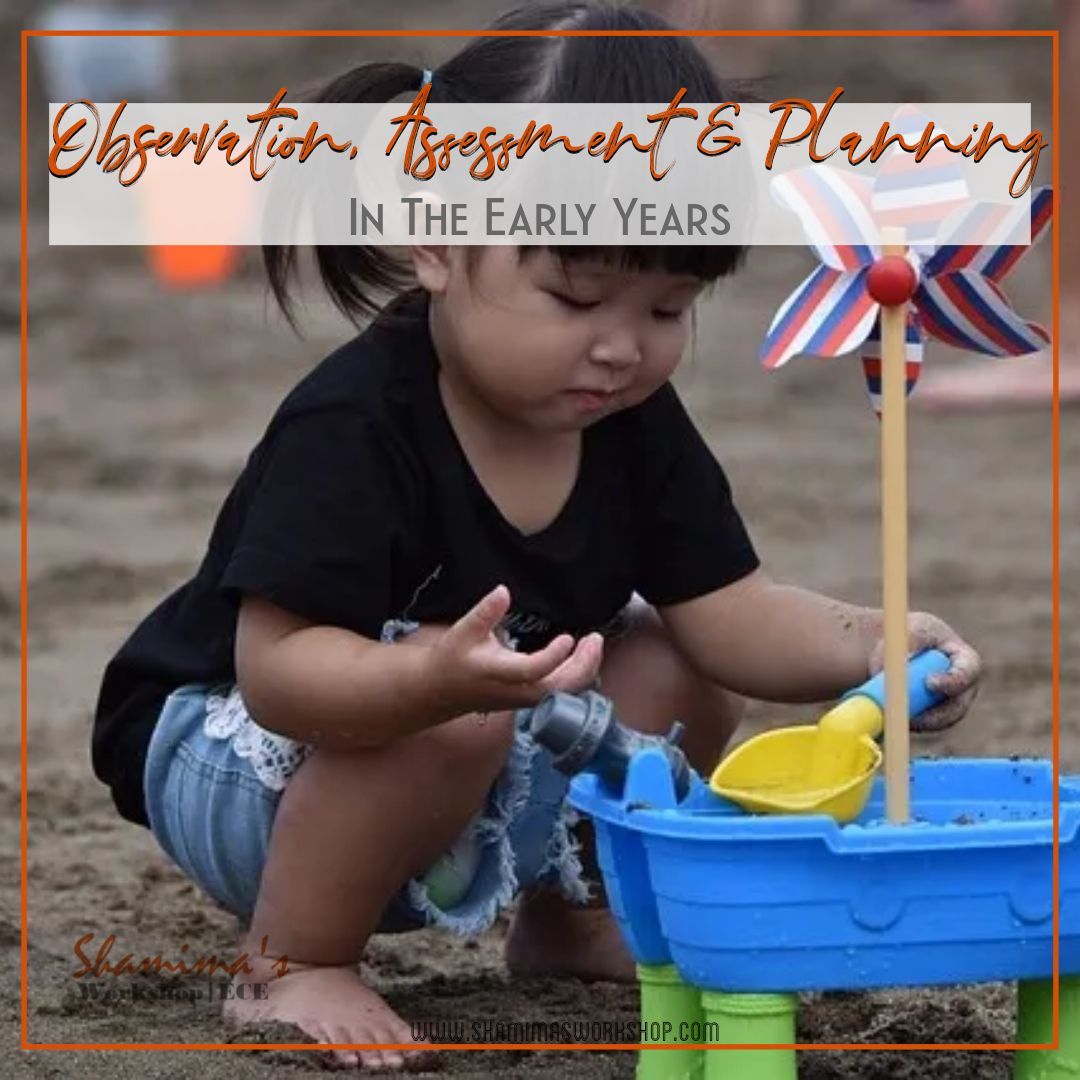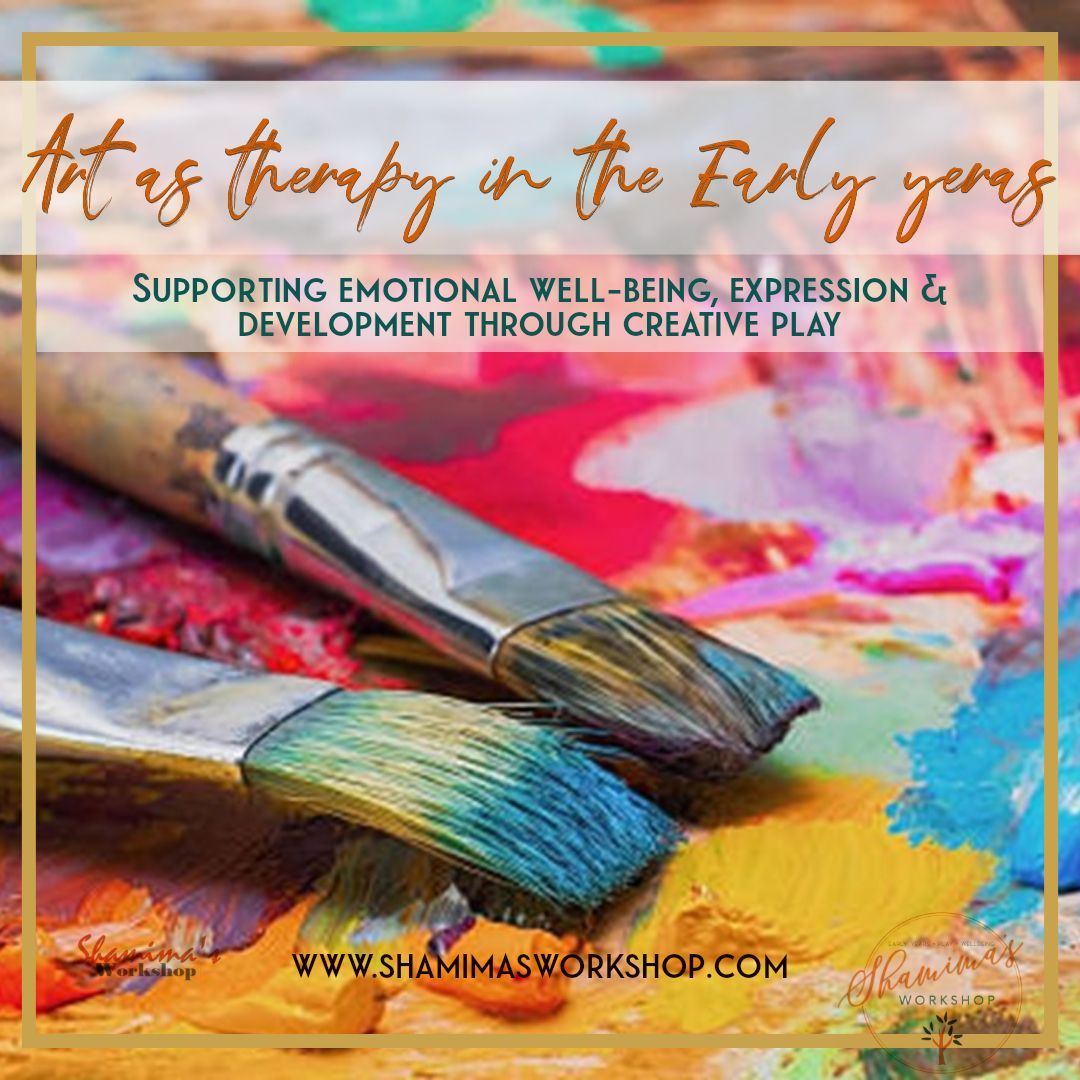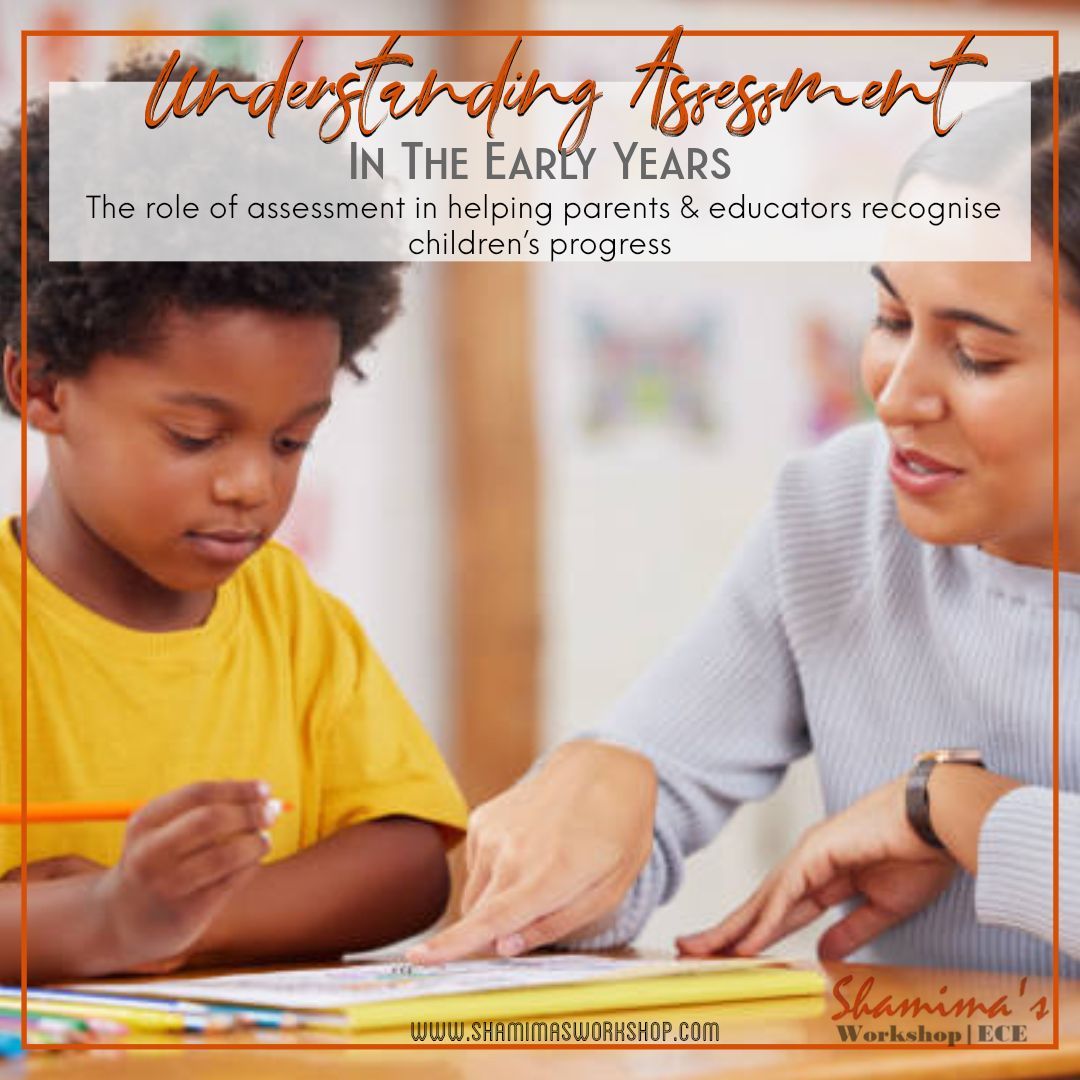Learning through play is now recognized as an important method of learning and development by early years practitioners. In any Early Years setting, we see children enjoying imaginative play. This form of the play follows children to explore both the physical world and the inner self at the same time helps to recognize the emotional response to things. The process of imagination play builds skills in many development areas.
The importance of imagination in children's development cannot be overstated, according to child psychologist Sally Goddard Blythe, director of The Institute for Neuro-Physiological Psychology and author of The Genius of Natural Childhood: Secrets of Thriving Children. Imagination allows children to tap into their creativity and run with it. In case you didn't know, early childhood experiences have a significant impact on a child's ability to develop creativity.
Albert Einstein said” Your Imagination is your preview of life’s coming attractions”. When a child sees you walking, they start to move and start to imagine walking themselves. Over time, they crawl, stand holding onto objects, and eventually gain the confidence to walk. When your child begins to speak and comprehend those around them, their imaginative play continues.
Here are six reasons why nurturing imagination is imperative to a child’s development:
Emotional development:
When children engage in imaginative play, they express a range of emotions and gives them feelings of powerfulness. When children pretend to be different moral development skills of empathy as they re-enact what they have been seen adults doing.
Social development:
In this form of play, children encouraged to play with other children and to take turns, negotiate, and begin to understand the feelings of other children. They build self-esteem when they discover they can be anything just by pretending.
Language development:
When children engage in imaginary play with their toys or friends, we will probably hear some words and phrases that we never thought they knew or often hear our own words reflected in their play. Children can do a perfect imitation of mom, dad, and the teacher. This encourages children to talk to each other, learn new vocabulary, and practice different communication styles as they take on different roles. They choose their words carefully so that others can understand and what they are trying to communicate.
Cognitive development:
The imaginative play presents children with a variety of different problems to solve and scenarios to think about carefully. Children develop their own ideas and make their own rules. For example, setting a table for a meal or calling a family member on the telephone. It can help a child to develop mathematical and literacy skills if this prop is used appropriately. This form of play helps children gain a better understanding of science, the wide world in which they live and important world events that occur around them.
Physical development:
Aside from the wonderful cognitive benefits of imaginative play, it is important to remember that imaginative play offers physical development. It develops gross motor skills as pilots run around flying their Aeroplan, firefighters climb up the ladder or fine motor movement hand-eye coordination such as dressing- up clothes or small world toys.
Develops Problem-solving skills for the future
Children learn to develop their problem-solving skills through imaginative play. Fantasy play with child is necessary since it is so much fun. Children can improve their problem-solving abilities by participating in role-playing activity. However, you must make sure to give them room to find solutions on their own. Additionally, that area promotes cognitive development and increasing the child's capacity for original problem-solving.
During imaginative play, all kinds of creative problem-solving skills can be used. It might involve choosing materials to construct a fort or making something new out of everyday objects. It also includes issues that could come up during playtime, like when children vie for the same role or when something goes wrong in their made-up scenario. A child can develop the cognitive abilities and skills they'll need throughout their lives in a variety of ways, including the ones mentioned above.
Resources to support Imaginative play for different age group:
There is a range of resources that we can use to support imaginative play in the different age groups of children through this form of play mostly found in preschoolers.
Imaginative play recourses for Babies: Any types of puppets used by adults.
Imaginative play recourses for Toddlers(1 – 3 year): toy telephone, shopping bags, toy kitchens, play farm and animals.
Imaginative play recourses for Pre-schoolers(3-5 years): children's fancy dress costumes, puppets and dolls examples, animal puppets, family puppets. Kitchen, food, market and shops, tools. Prop for the small world like cars, dinosaurs, play people. Props for home corners, sink, washing machine, cot, cooker.
Evaluating resources for Imaginative play:
The resources which can we use for imaginative play are endless, from large empty cardboard boxes, and water world toys and play equipment. An adult should ensure all the resources are always on hand and children have opportunities to use them. There are other things that we need to see as are all the resources are safe for children as babies and toddlers put things on their mouths. How much adult supervision is needed in order with many activities? The most important thing to select the resources according to their age/stage appropriate because play changes with ages. Space for the resources and interests of children should consider this form of play.
Final Thoughts on Imagination Play
In order to raise imaginative children, parents must remember to ignore the countless questions that come at them all at once and recognise that kids are going through a phase where questions seem to fill their entire lives. Though you may not be able to provide them all the answers they require, you can give them the room to dream, explore and find some answers themselves- From imagination comes Creativity.
Do you give your children enough time to play and dream? Or do they attend school for a while before spending a lot of time in front of a screen? While as a parent you might think that providing your children with too much free time is wrong, and you prefer to sign them up for countless classes and activities . Just keep in mind that having free time to play and dream is an essential element of a happy childhood.
Do you like this Article?












